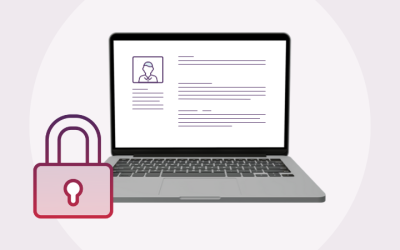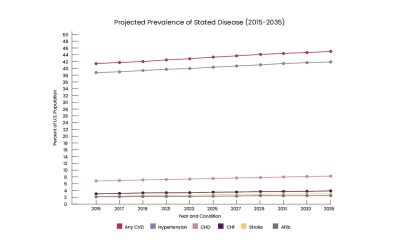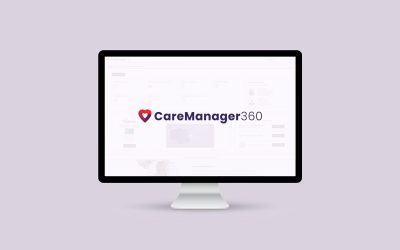Welcome to MedScope’s Blog
Your guide to the latest on LTSS management, technology updates, fall prevention & safer, smarter care.
Understanding Medicare: A Guide for Case Managers
Navigating Medicare options can be overwhelming for both case managers and the individuals they support. Understanding the basics of Medicare coverage is essential...
Celebrating Care Managers: Honoring This Year’s Heroes
November is a month to reflect, give thanks, and celebrate the incredible people who make a difference every day. At MedScope, we’re proud to honor one group of...
Staying a Step Ahead: How Case Managers Can Reduce Member Risks This Fall
As the weather cools and the days grow shorter, the risks faced by aging and vulnerable members often rise. From slippery leaves and uneven sidewalks to medication...
Addressing Rural Health Disparities: Practical Steps for Case Managers
Rural Health Day is September 25, a perfect time to talk about the real challenges case managers see every day when supporting members who live far from big...
Reaching Members Where They Are: How MGEngage360 Is Transforming PERS into a Smarter Outreach Tool
Health plans are under increasing pressure to close care gaps, improve member experience, and lift quality metrics like HEDIS and CAHPS—all while navigating tight...
Strengthening Medication Adherence: Behavioral Strategies for Case Managers
Improving medication adherence is a major challenge in healthcare. Case managers play a critical role in bridging the gap between prescribed medications and...
Protecting Patient Data: Ethical and Practical Considerations for Medicaid Programs
Best Practices for Case Managers to Ensure HIPAA Compliance and Foster Trust In Medicaid programs, safeguarding patient privacy is more than a legal...
From Burnout to Better Outcomes: How MedScope’s Connected Care Tools Are Changing the Game for Nurses and Case Managers
Each May, during National Nurses Week, we pause to honor the nurses and case managers who serve as the backbone of healthcare. Their tireless commitment, expert...
Closing the Gap: Data-Driven Solutions for Minority Health Disparities in Medicaid Chronic Disease Management
Addressing Chronic Disease Management in Medicaid Populations April is National Minority Health Month, a meaningful opportunity to recognize the importance of...
Empowering Case Managers: Using Technology to Strengthen Patient Relationships
National Patient Safety Week in March reminds us that ensuring patient well-being requires a healthy balance between technology and compassionate care. As Medicaid...
3 Ways Medicaid Case Managers Can Improve Cardiovascular Outcomes
Cardiovascular diseases (CVD) are a top concern for Medicaid Managed Care plans. A group of disorders of the heart and blood vessels, CVD is the leading cause of...
4 Key Ways Care Managers Can Support Senior Independence During National Senior Independence Month
National Senior Independence Month is the perfect opportunity for care managers to empower older adults with tools and resources that enhance their quality of...
Medicaid Managed Care: 5 Ways to Close Care Gaps
Medicaid managed care provides health care and long-term services and supports (LTSS) to more than 92 million people in the U.S. Medicaid and dual eligible members...
CareManager360: The Ultimate Solution for Streamlining Care Management
Care management agencies and Managed Care Organizations (MCOs) face the challenge of efficiently managing Personal Emergency Response System (PERS) referrals and...
Why Recommend a Medical Alert Device to Your Clients?
Case managers play a critical role in ensuring their clients receive the right tools and resources to live safely and independently. One essential tool that can...

Understanding Medicare: A Guide for Case Managers
Navigating Medicare options can be overwhelming for both case managers and the individuals they support. Understanding the basics of Medicare coverage is essential in helping clients make informed decisions about their healthcare. This guide provides an overview of...

Celebrating Care Managers: Honoring This Year’s Heroes
November is a month to reflect, give thanks, and celebrate the incredible people who make a difference every day. At MedScope, we’re proud to honor one group of extraordinary individuals in particular: care managers. We are thrilled to announce the winners of...

Staying a Step Ahead: How Case Managers Can Reduce Member Risks This Fall
As the weather cools and the days grow shorter, the risks faced by aging and vulnerable members often rise. From slippery leaves and uneven sidewalks to medication changes and isolation, fall brings new challenges that can compromise safety and independence,...

Addressing Rural Health Disparities: Practical Steps for Case Managers
Rural Health Day is September 25, a perfect time to talk about the real challenges case managers see every day when supporting members who live far from big hospitals or specialty clinics. Rural communities represent almost one in five Americans, yet many residents...

Reaching Members Where They Are: How MGEngage360 Is Transforming PERS into a Smarter Outreach Tool
Health plans are under increasing pressure to close care gaps, improve member experience, and lift quality metrics like HEDIS and CAHPS—all while navigating tight resources and engaging populations that are often difficult to reach. MGEngage360, MedScope’s built-in...

Strengthening Medication Adherence: Behavioral Strategies for Case Managers
Improving medication adherence is a major challenge in healthcare. Case managers play a critical role in bridging the gap between prescribed medications and patients actually taking them as directed. This blog highlights practical, evidence-based techniques to enhance...
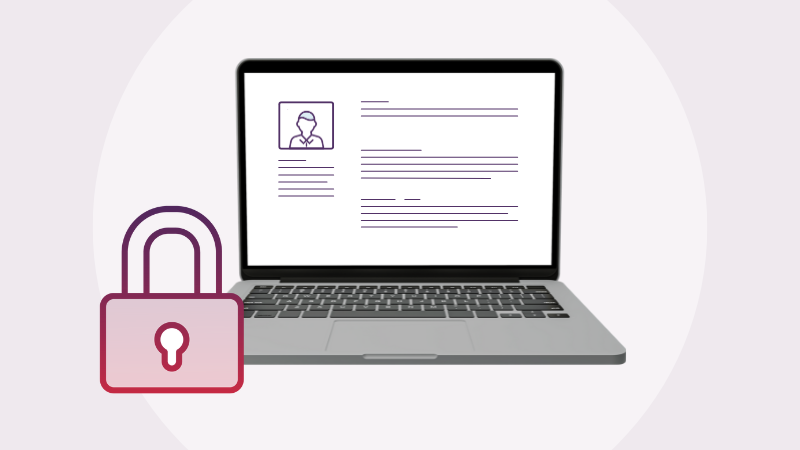
Protecting Patient Data: Ethical and Practical Considerations for Medicaid Programs
Best Practices for Case Managers to Ensure HIPAA Compliance and Foster Trust In Medicaid programs, safeguarding patient privacy is more than a legal obligation—it’s a moral imperative. Case managers play a vital role in coordinating care for vulnerable populations,...

From Burnout to Better Outcomes: How MedScope’s Connected Care Tools Are Changing the Game for Nurses and Case Managers
Each May, during National Nurses Week, we pause to honor the nurses and case managers who serve as the backbone of healthcare. Their tireless commitment, expert care, and deep compassion help patients heal and thrive. But these dedicated professionals are under...

Closing the Gap: Data-Driven Solutions for Minority Health Disparities in Medicaid Chronic Disease Management
Addressing Chronic Disease Management in Medicaid Populations April is National Minority Health Month, a meaningful opportunity to recognize the importance of equitable care in managing chronic conditions across all communities. For Medicaid case managers,...

Empowering Case Managers: Using Technology to Strengthen Patient Relationships
National Patient Safety Week in March reminds us that ensuring patient well-being requires a healthy balance between technology and compassionate care. As Medicaid case managers navigate an increasingly complex healthcare landscape, integrating digital solutions while...
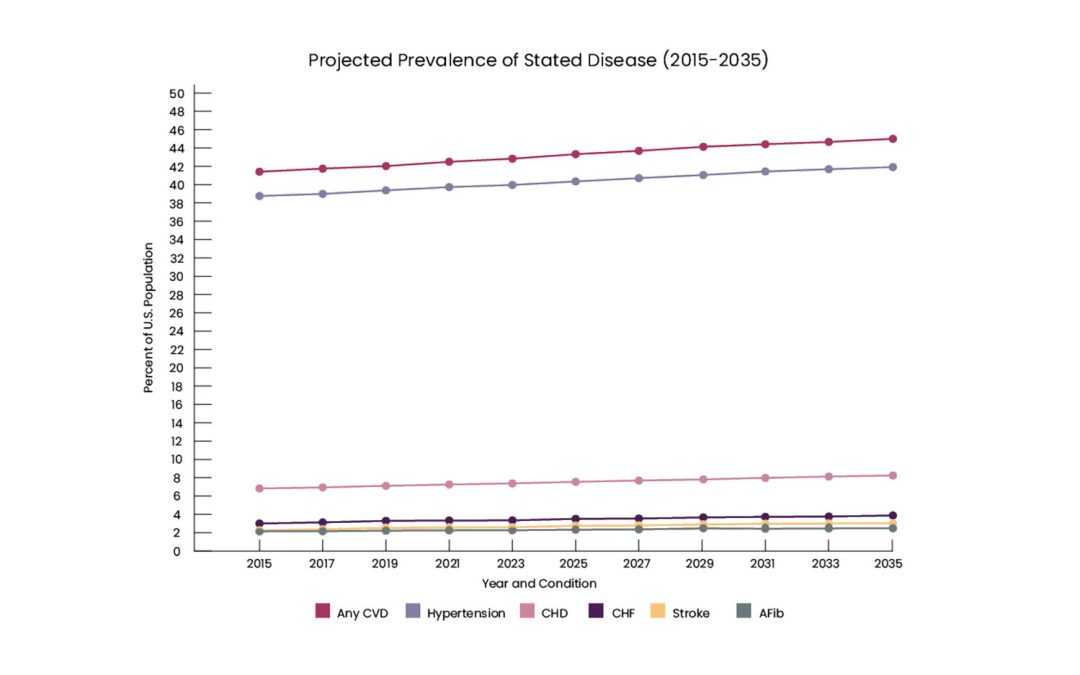
3 Ways Medicaid Case Managers Can Improve Cardiovascular Outcomes
Cardiovascular diseases (CVD) are a top concern for Medicaid Managed Care plans. A group of disorders of the heart and blood vessels, CVD is the leading cause of death in the U.S., costing $251 billion a year in direct medical costs. Medicaid case managers and care...







